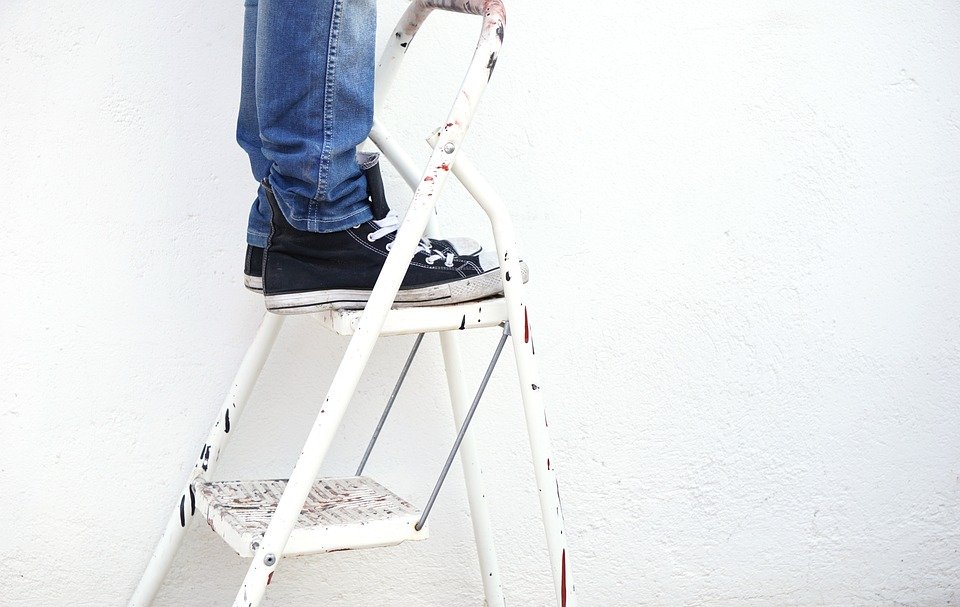Travel Plan for 3 Days in Busan Traditional Markets
Direction and Purpose: The purpose of this itinerary is to explore the traditional markets of Busan and experience the local culture.
Day 1:
Morning:
– Arrive at Busan and check into your hotel
– Have breakfast at a nearby café or restaurant
– Take a taxi or public transportation to Jagalchi Market (approximate travel time: 15-30 minutes, approximate price: $5-10)
– Explore Jagalchi Market, the largest seafood market in Korea and try the local seafood (approximate cost: $15-30 depending on what you purchase)
– Visit nearby BIFF Square, a popular tourist spot known for Korean films, street food, and cultural performances
Afternoon:
– Have lunch at the nearby street food vendors in BIFF Square (approximate cost: $5-10)
– Take a taxi or public transportation to Gukje Market (approximate travel time: 10-20 minutes, approximate price: $3-8)
– Explore Gukje Market, one of the largest traditional markets in Korea for clothes, bags, and accessories (approximate cost: variable depending on what you purchase)
Evening:
– Have dinner at the nearby traditional Korean restaurant (approximate cost: $10-20)
– Head back to your hotel and rest
Hotel Recommendations:
– Citadines Haeundae Busan
– Hotel the Mark Haeundae
– Sunset Business Hotel
Day 2:
Morning:
– Have breakfast at a traditional Korean restaurant (approximate cost: $5-10)
– Take a taxi or public transportation to Nampodong Street (approximate travel time: 10-20 minutes, approximate price: $3-8)
– Explore Nampodong Street, a traditional market selling Korean souvenirs, handmade crafts, and street food (approximate cost: variable depending on what you purchase)
Afternoon:
– Have lunch at the nearby street food vendors in Nampodong Street (approximate cost: $5-10)
– Take a taxi or public transportation to Kkangtong Market (approximate travel time: 10-20 minutes, approximate price: $3-8)
– Explore Kkangtong Market, one of the oldest traditional markets in Busan for dried fish, medicinal herbs, and traditional Korean snacks (approximate cost: variable depending on what you purchase)
Evening:
– Have dinner at a nearby traditional Korean restaurant (approximate cost: $10-20)
– Enjoy the Busan Night Sea, a view of the Gwangan Bridge and the nearby Haeundae area with colorful lights (free of cost)
Hotel Recommendations:
– Ibis Ambassador Busan City Centre
– Crown Harbor Hotel Busan
– Shilla Stay Seomyeon
Day 3:
Morning:
– Have breakfast at a nearby café or restaurant
– Take a taxi or public transportation to Songdo Beach (approximate travel time: 15-30 minutes, approximate price: $5-10)
– Explore Songdo Beach, the first public beach in Korea with a seaside walkway and cable car (approximate cost: free of cost, but cable car ride fees are $10-15 per person)
Afternoon:
– Have lunch at the nearby street food vendors in Songdo Beach (approximate cost: $5-10)
– Take a taxi or public transportation to Gwangbokdong Cultural and Fashion Street (approximate travel time: 10-20 minutes, approximate price: $3-8)
– Explore Gwangbokdong Cultural and Fashion Street, a traditional market with designer brands, cosmetics, and cultural performances (approximate cost: variable depending on what you purchase)
Evening:
– Have dinner at a traditional Korean restaurant (approximate cost: $10-20)
– Go to Busan Tower for a panoramic view of the city (approximate cost: $5-10 per person)
Hotel Recommendations:
– Best Western Haeundae Hotel
– Benikea Hotel Press
– Hotel Foret Premier Haeundae
FAQs:
Q: How can I communicate with the locals in Busan?
A: English is not widely spoken in Busan, so learning some basic Korean phrases can be useful. You can also use translation apps like Google Translate.
Q: Are there any halal restaurants in Busan?
A: Yes, there are several halal restaurants in Busan. You can easily find them on the internet or ask your hotel receptionist for recommendations.
Q: How can I use public transportation in Busan?
A: Busan has an efficient public transportation system including a subway, buses, and taxis. You can purchase a T-Money card for easy payment and use the subway map or bus routes to navigate.
Q: Are there any specific cultural etiquettes that I should follow?
A: It is polite to remove shoes before entering someone’s home or a traditional restaurant. Bowing is also a common sign of respect in Korean culture.
Note: Please note that the travel time and cost are approximate and may vary depending on the mode of transport and personal preferences.



